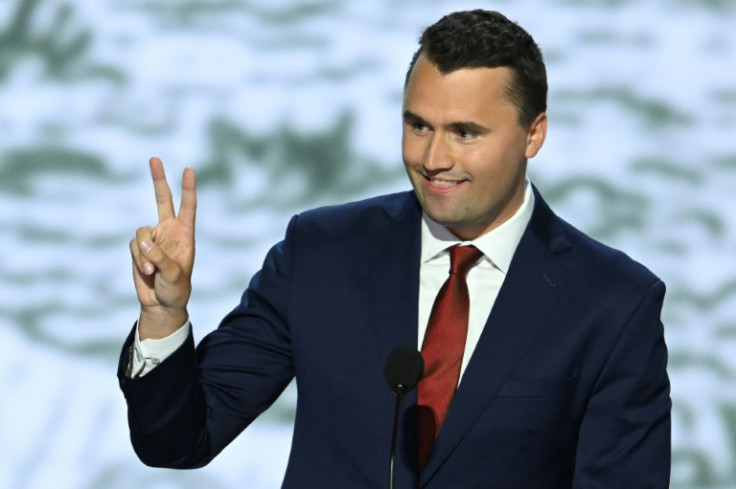Charlie Kirk's Voice That Stirred a Movement: A Legacy Now Cut Short

Trump ally Charlie Kirk leaves, who was assassinated Wednesday, leaves behind a deeply polarizing but undeniably influential legacy in American conservative politics.
Born in Arlington Heights, Illinois, Kirk co-founded Turning Point USA (TPUSA) at just 18, with a mission to reshape conservative activism on U.S. college campuses.
From its early days, TPUSA became known for its audacity: challenging mainstream liberal narratives within academia, creating "Professor Watchlist" and "School Board Watchlist" tools to spotlight faculty or school board members seen as promoting left-leaning ideas. Critics often accused Kirk and TPUSA of stoking division, while supporters praised his efforts to give voice to conservative young people.
Kirk was not merely an organizer; he was a media force. His podcast, "The Charlie Kirk Show," along with his radio appearances, public debates, and campus-style events (often lively, confrontational, and heavily attended) made him one of the most visible right-wing voices of his generation. He used social media aggressively, building large followings, particularly among younger conservatives.
His influence stretched beyond politics into culture. Kirk rode the rising tide of identity politics, culture wars, Christian conservatism, and the populist wave associated with Donald Trump. He helped mobilize youth in swing states during the 2024 election, pushing the GOP to better engage with younger, more socially conservative, and evangelical voters. Many political analysts and insiders believe that his strategies and organizing contributed meaningfully to Republican gains.
Yet, his life was also marked by controversy. Kirk was frequently accused of spreading misinformation, notably around Covid-19 and election fraud; some saw his rhetoric as further contributing to national polarization rather than healing it.
In death, Kirk's impact becomes both mourned and debated. His death on a university campus during a speaking tour has become part of a broader conversation about political violence in America: the vulnerability of public figures, the heightened tensions in discourse, and questions about safety when ideology becomes public spectacle.
Perhaps Kirk's most lasting legacy will be that he forced the conservative movement to take youth seriously: not as afterthoughts, but as drivers of energy, change, and culture. Whether future leaders will emulate, reject, or reform his methods — that remains to be seen. But in the abruptness of his death, the movement he helped build is now at a crossroads, wrestling with both its promises and its costs.
© Copyright IBTimes 2025. All rights reserved.





















